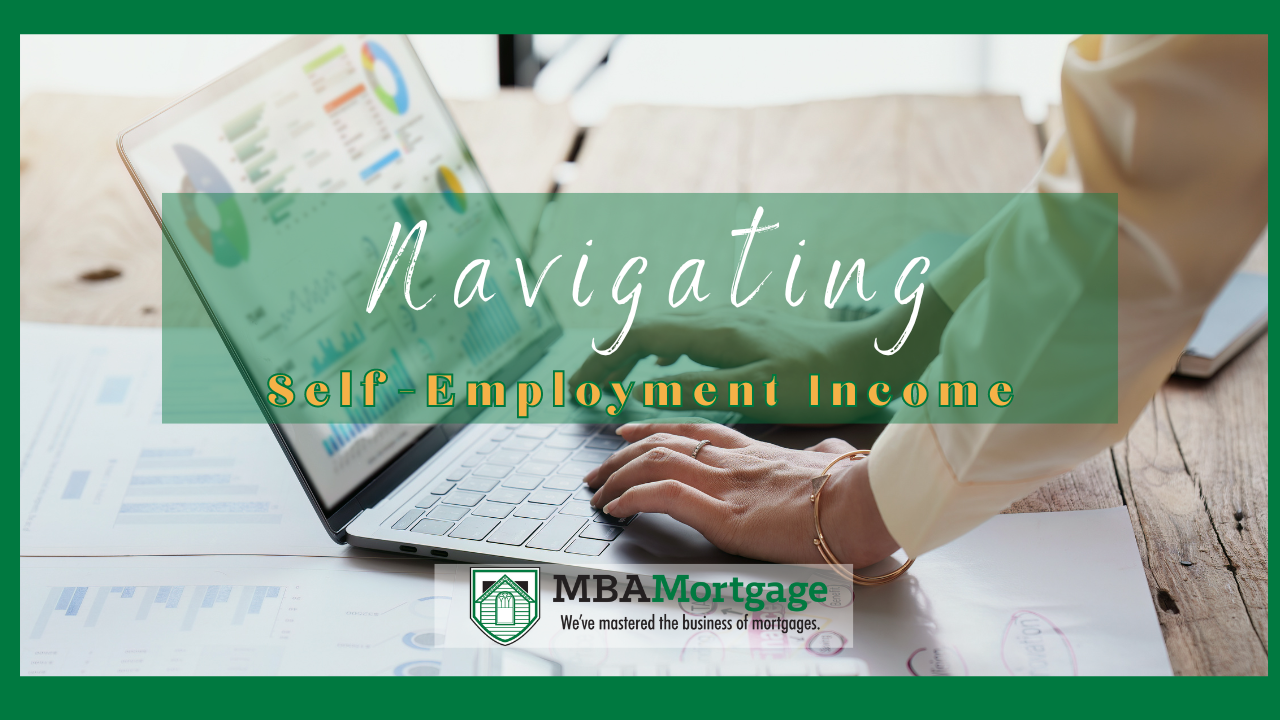Owning a home is a significant milestone in life, but the process of securing a…
Key Documents Needed to Buy
Applying for a mortgage can be an exciting and nerve-wracking experience. You’re one step closer to owning your dream home, but there are many details to sort out first. One crucial step in the mortgage process is submitting the key documents needed to buy. But what documents do you need before you can be approved for a mortgage? In this blog post, we’ll walk you through the key documents needed to buy a home.
Key Documents Needed
- Proof of Income. To ensure that you can make your mortgage payments, your lender wants to see proof of your income. This can come in the form of pay stubs, W-2s, tax returns, and other financial statements. If you’re self-employed, you may need to provide additional documentation, such as profit and loss statements or 1099s.
- Bank Statements. Lenders will typically ask for several months’ worth of bank statements to verify your assets and ensure that you have enough money for a down payment, closing costs, and other expenses. Be prepared to provide detailed information about your accounts, including balances, account numbers, and the sources of any large deposits.
- Credit Report. Your credit score is an essential factor in determining your eligibility for a mortgage and the interest rate you’ll pay. Your lender will request a copy of your credit report, which shows your credit history, outstanding debts, and other financial information. If you notice any errors on your credit report, be sure to dispute them before applying for a mortgage.
- Employment Verification. Lenders want to verify that you have a stable job and income. You may be asked to provide contact information for your employer or to provide copies of your employment contract or offer letter. If you’ve recently changed jobs, you may need to provide additional documentation to show that your income is still steady.
- Identification. You’ll need to provide a government-issued ID, such as a driver’s license or passport, to verify your identity. Your lender may also ask for additional documentation, such as a social security card or birth certificate.
- Property Information. Finally, you’ll need to provide information about the property you’re buying or refinancing. This includes the address, purchase price, and any other details that are relevant to the mortgage, such as the type of property and the number of units.
In conclusion, applying for a mortgage requires a significant amount of documentation. By providing the necessary documents upfront, you can streamline the application process and increase your chances of getting approved for a loan. Be sure to work closely with your lender and provide any additional information they request to ensure a smooth and successful mortgage application.
Ready to buy but don’t know where to start? Check out our “Buy a House” Checklist!





